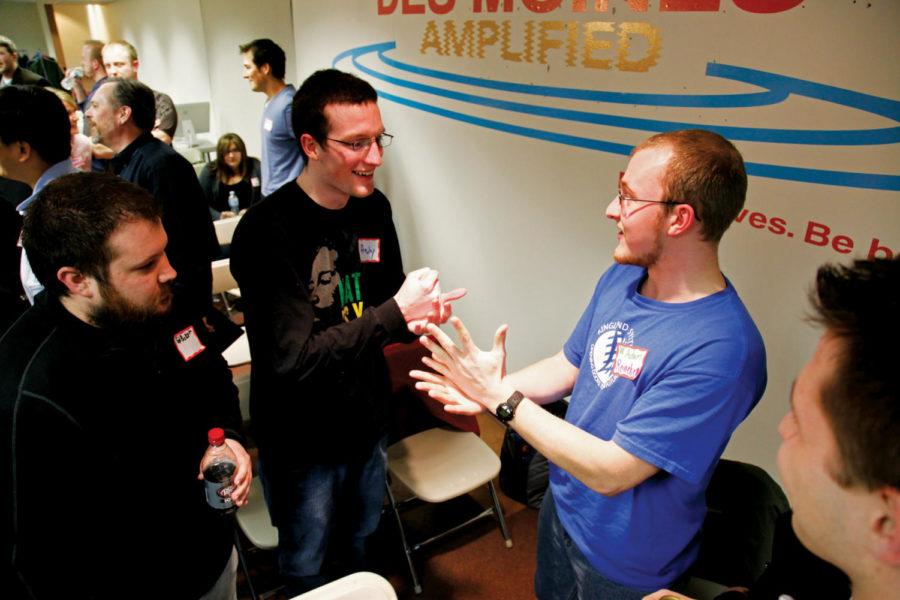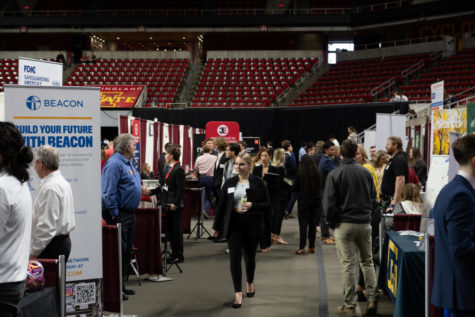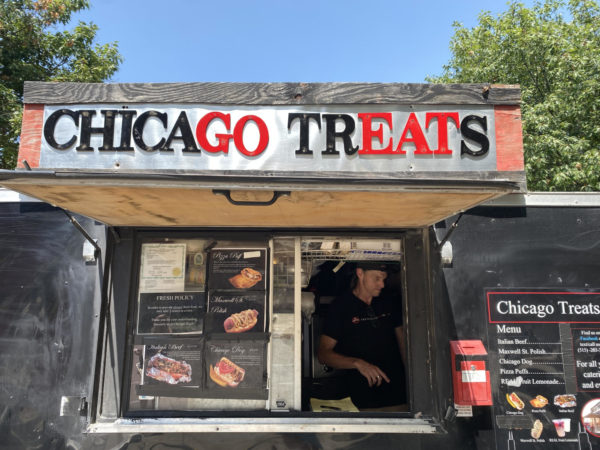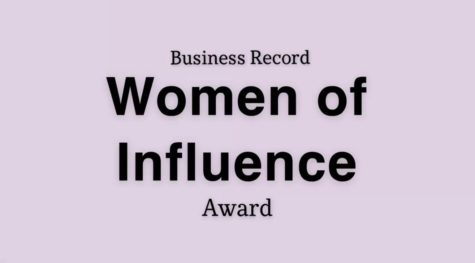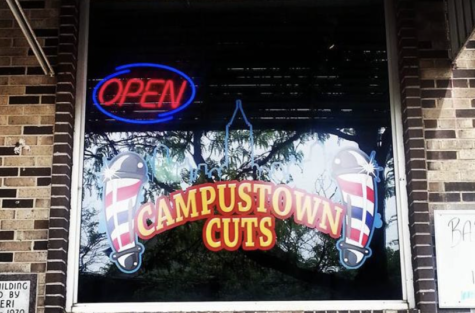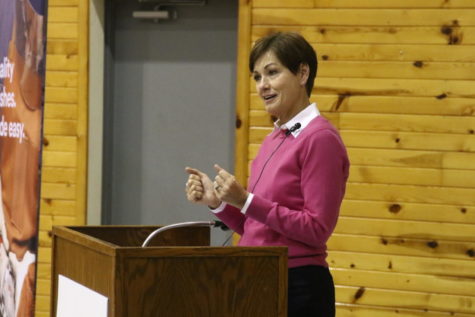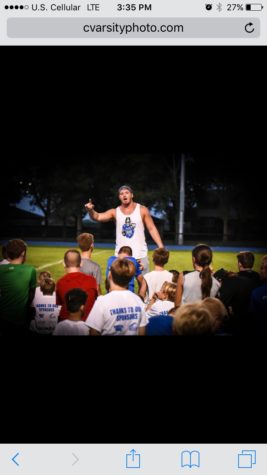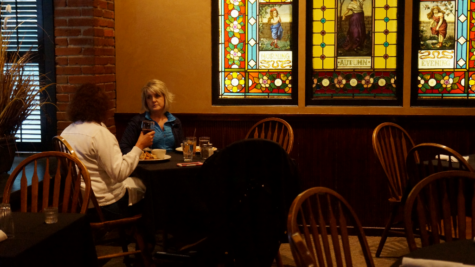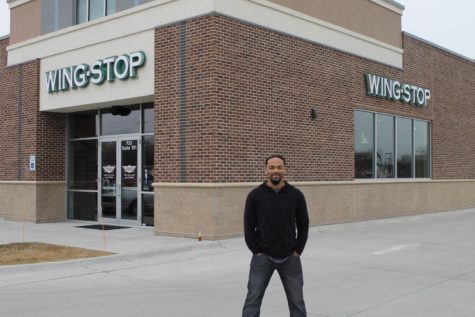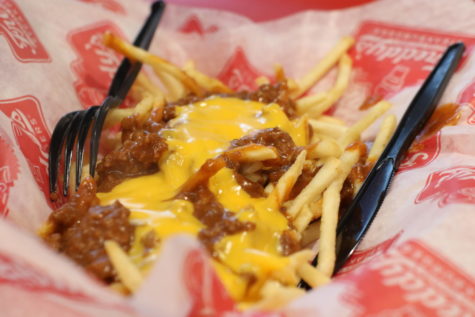Startup Weekend teaches entrepreneurs perseverance through hands-on experience
March 6, 2011
Editor’s note: This article is the first in a two-part series.
What does it take to create a new startup?
“Be a total idiot about not giving up,” said Ben Milne, CEO and co-founder of Dwolla.
He addressed a crowd of about 75, as they sat waiting for the third-annual Des Moines Startup Weekend to begin.
Adam Reineke, senior in computer science, participated in his first Startup Weekend. After trying to create his own web-based idea, he learned that the team environment is the better option. He knew that it is difficult to work individually, that it cannot all be done at once, but there are other benefits to Startup Weekend
“My number-one goal is to network,” Reineke said. “There will be several successful entrepreneurs there, and I can network with the Des Moines Community, and I am looking for a valuable experience.”
Upon arriving at Startup Weekend, Reineke planned on presenting an idea of a website to help people follow through on their goals by having friends holding them accountable.
About 30 presenters gave a quick 60-second pitch about the basics of their idea for new ventures and startups. Other pitches included bettering internet surveys, being able to split purchases among people more conveniently and a bar menu application that would interact with bartenders, making ordering drinks much easier.
Ideas were then loaded up on to the Startup Weekend website, and after about an hour of discussion among attendees, they were able to vote for two pitches on the site. After that, the top 15 pitches were picked, and people were able to form teams around those ideas they were most interested in.
Reineke’s idea, deemed “Social Accountability,” placed in the top 15. Few rallied around the idea, but without a designer, the team split and went looking to join up with other ideas.
Reineke finally landed on a team that originally focused on getting local bands hooked up with local venues that would help promote both the bands and the venues and make it easier for venues to play local music and find local acts for live entertainment.
“We got a team together now,” Reineke said. “We got an idea of what we’re working on, and it’s just going to be a matter of figuring out what we are working on and sticking to that.”
Reineke ended up on the team of Jake Kerber, who originally pitched the idea of KerberTech. Also joining the team was Matt Crawford, a research analyst at Frank N. Magid Associates Inc.; Aaron Hoffman, a contract developer; and Lyndon Haselhuhn, a junior at Simpson College.
After forming the team, they had roughly 54 hours to complete their idea in a manner that they deemed best fit.
Friday night was spent discussing where they wanted the idea to go. The team then took off to talk to downtown bars to see what use they could get out of a service like this.
“I [was] really looking forward to coming together with all the results of the market research, having all the results and figuring out what do these companies want and what need can we fill and figuring out and saying definitively what we are doing,” Reineke said.
After a night of research, the team came back together Saturday morning with a new plan. After seeing the venues would not be interested in a service to play the local music in house due to ASCAP and BMI, companies that threaten the integrity to projects like these because of their role in paying royalties.
The team took to a focus of just an online streaming radio that plays strictly local music. As a registered user, a person can listen to various genres of music unique to their city. The team started out with a Des Moines focus and plans to expand to other metro areas after the weekend.
The team developed the site on a “freemium” model where paying users would lack ads, but also get a slew of additional features, such as a band’s entire catalog on-demand, expanding to multiple zip codes and a rating threshold, where songs that were rated at a certain negativity would never be playing on a subscriber’s queue.
“This evening when we started to get into more of the development side of things,” Reineke said, “I watched over Aaron’s shoulder because I didn’t have the background in the technology that we are using. He’s flying through stuff, and I needed to see that.”
As Reineke and the team ended the night, the feeling was mixed.
“I think it’s really easy for an entrepreneurship to get hung up on their own idea and not want to deviate at all from that,” Reineke said. “It’s tough, but at this time, it’s not my idea, but I’m a part of this business we’re building; I’m not risking anything on it. That’s kind of the cool thing about Startup Weekend, there’s no real risk to this weekend.”
But Reineke knew that Startup Weekend was a valuable experience.
“It’s been a lot of fun,” Reineke said. “It’s been a lot more fun than I would have expected. You know, it’s kind of sad seeing all my friends tweeting about [Kaleidoquiz] back in Ames, and to be here missing that is a little sad, but at the same time, I’m having a ton of fun.”
Having to finish their project and prepare for a pitch Sunday, the team ended the night naming their project. A combination of the words local and music and a play on the Latin word “locus” — which means location — they landed on “Locusic.”

